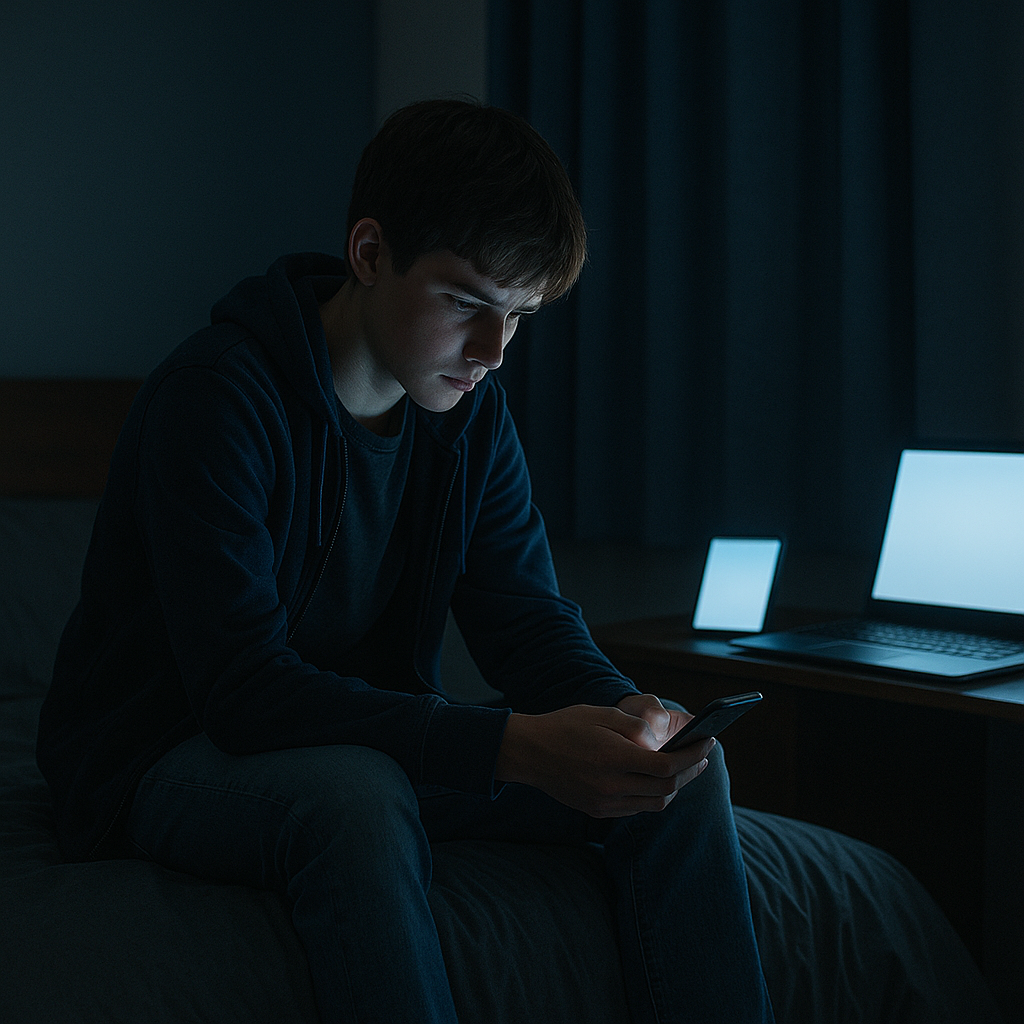Mounting Lawsuits Claim Social Media Giants Are Harming Youth
A growing number of school districts, parents, and advocacy groups across the United States are filing lawsuits against major social media companies—including Meta (Facebook and Instagram), TikTok, YouTube, and Snapchat—alleging that their platforms are causing measurable harm to children and teens. The lawsuits claim these companies knowingly design addictive features that exploit developing brains, increase mental health issues, and contribute to a youth mental health crisis.
Dozens of school districts, including Seattle Public Schools and others in California, Oregon, and New Jersey, have joined the wave of legal action. They allege that tech companies created platforms that prioritize user engagement over safety and have effectively turned young users into experimental subjects. According to the lawsuits, these platforms have led to increased anxiety, depression, eating disorders, and even suicidal ideation in students.
One of the central claims is that these platforms deploy algorithms engineered to capture and retain the attention of minors using tactics like infinite scrolling, push notifications, and emotionally charged content loops. The legal filings argue that these features act similarly to addictive substances, creating a dependency that is particularly dangerous for developing minds.
Seattle Public Schools was one of the first districts to take a stand. In its 2023 lawsuit, the district claimed it had seen a significant rise in mental health issues among students, which strained its counseling and intervention resources. The suit seeks monetary damages to fund expanded mental health programs and calls for greater accountability from tech firms.
Social media companies have responded by stating that they provide tools for parental oversight and are actively working on features that promote safer usage among minors. Meta, for instance, launched new parental supervision options and age-appropriate content filters, while TikTok has instituted screen time limits for younger users. Critics argue these efforts are too little, too late.
Legal experts suggest these cases could break new ground in tech industry accountability. While Section 230 of the Communications Decency Act typically shields platforms from liability for user-generated content, some plaintiffs argue that the design of the platforms themselves—particularly algorithmic amplification and engagement mechanisms—should fall outside that protection.
If successful, the lawsuits could result in significant financial settlements and potentially force a redesign of platform features targeting youth. Additionally, legislation may follow, aimed at regulating the way social media companies interact with underage users.
Mental health organizations have thrown their support behind the plaintiffs. The American Psychological Association and the U.S. Surgeon General have both issued warnings about the impact of excessive social media use on youth mental well-being. School officials and parents alike are demanding not only compensation but systemic change.
The lawsuits are still in their early stages, but momentum is building. With more districts joining the effort each month, social media giants may soon face a legal reckoning over the role their platforms play in shaping the mental health of the next generation.


